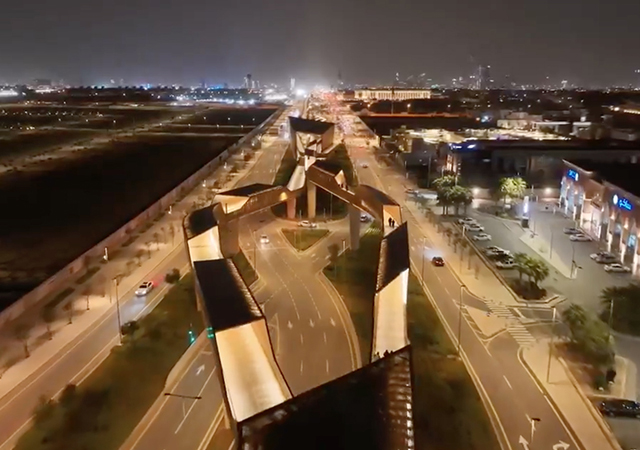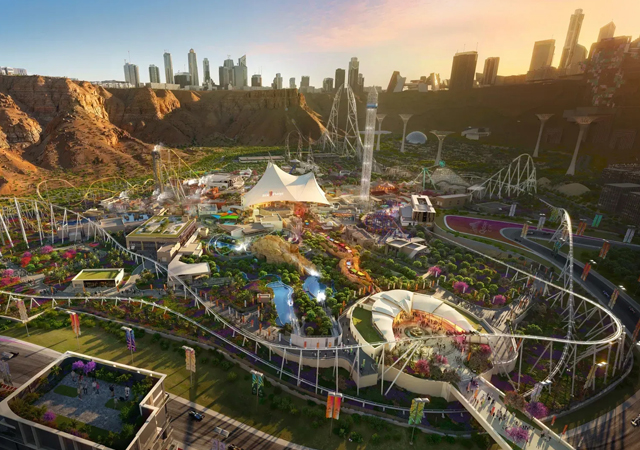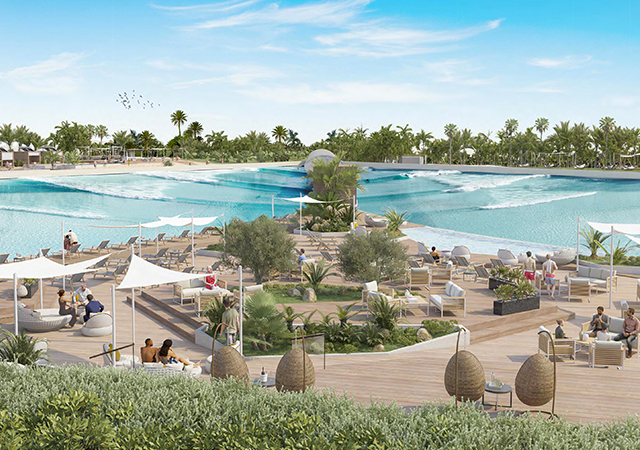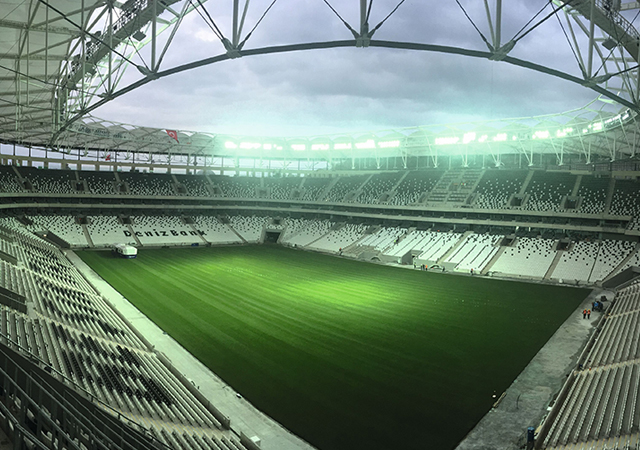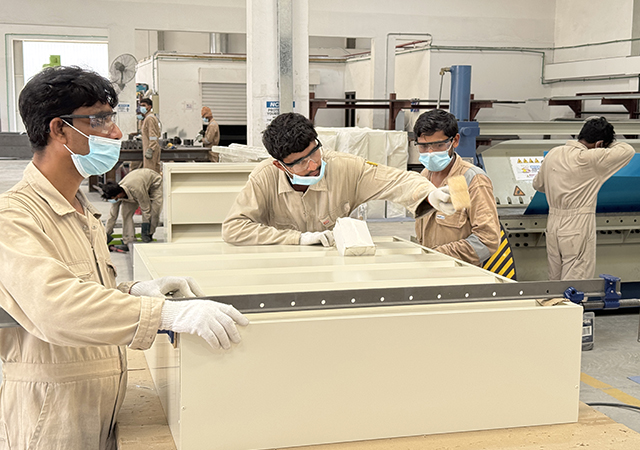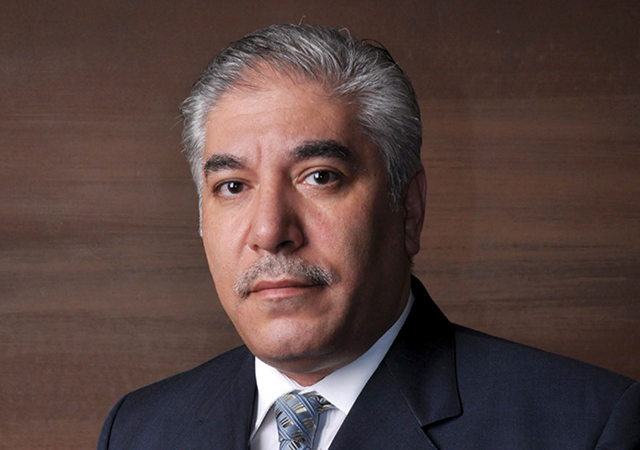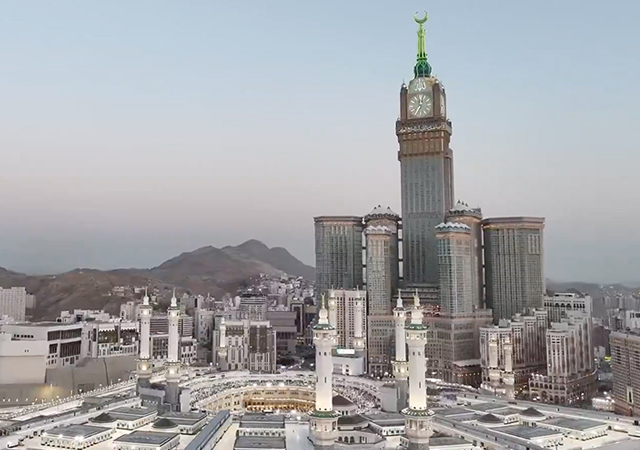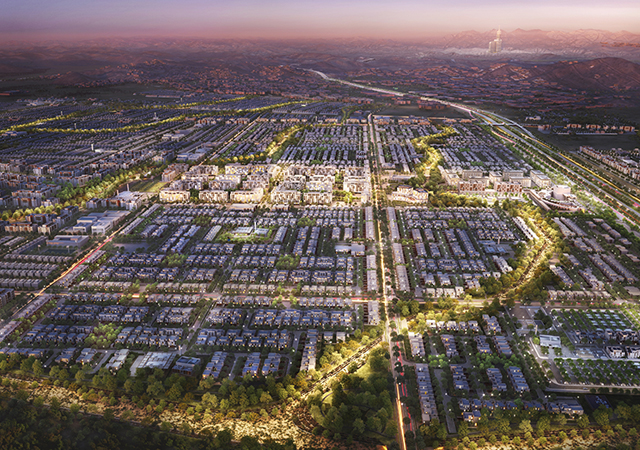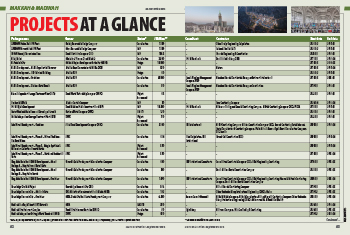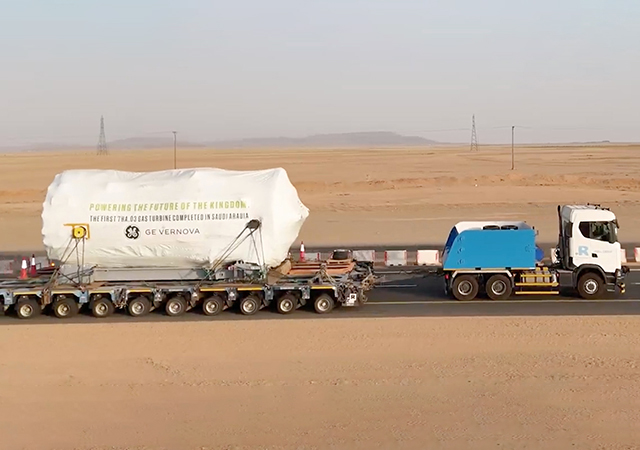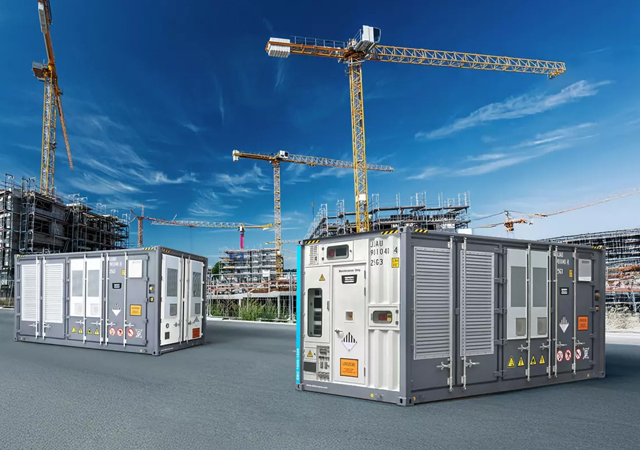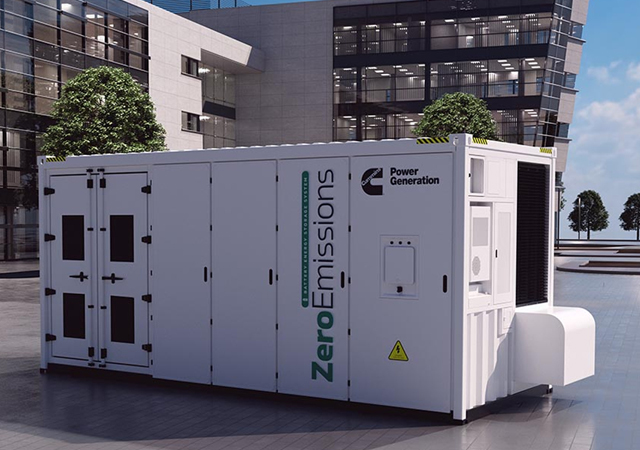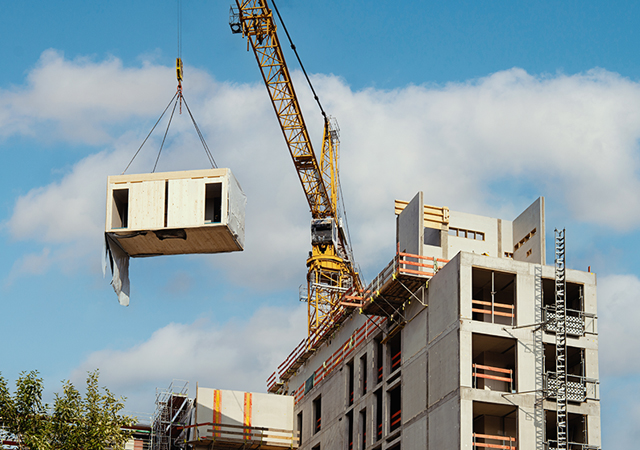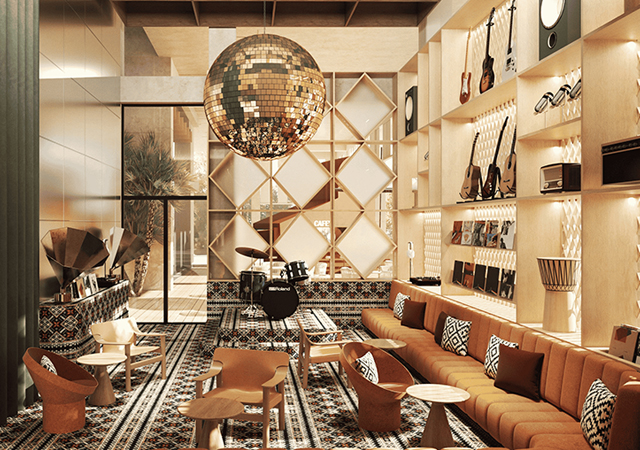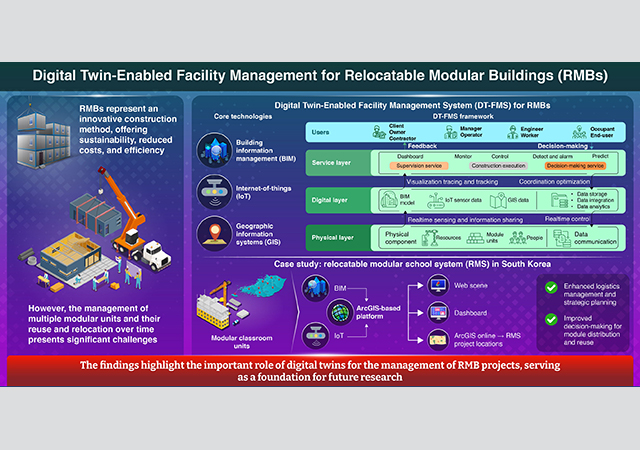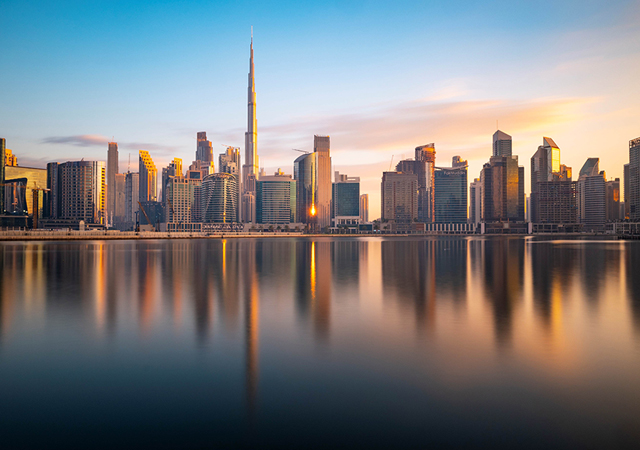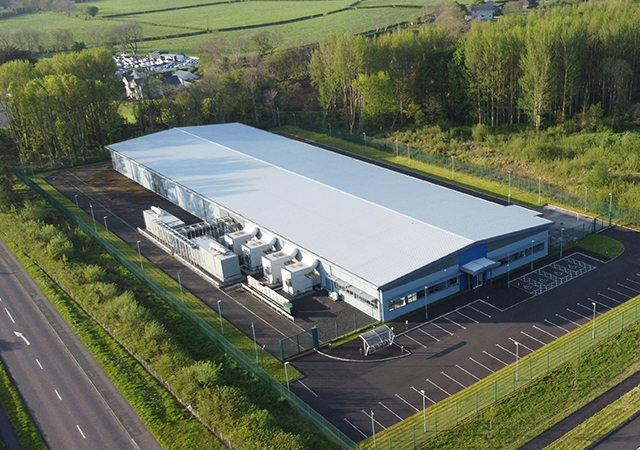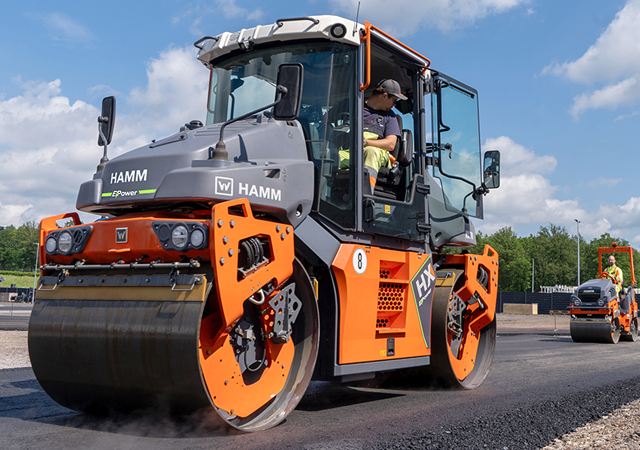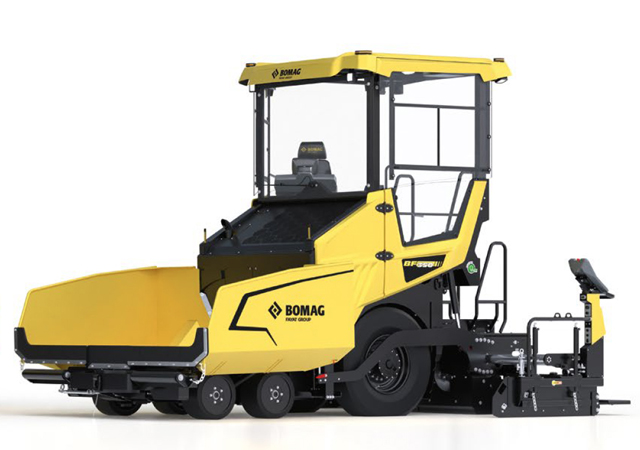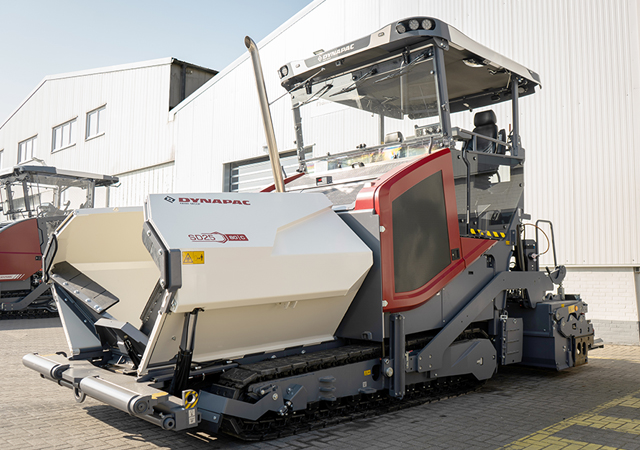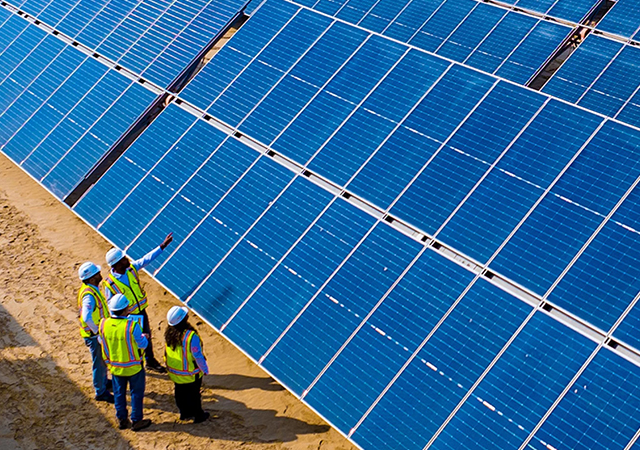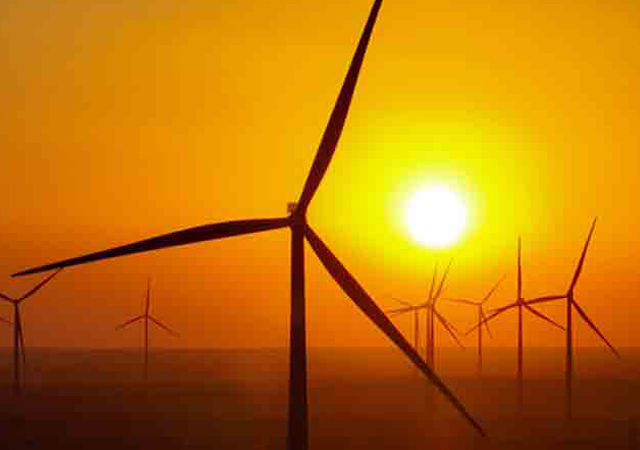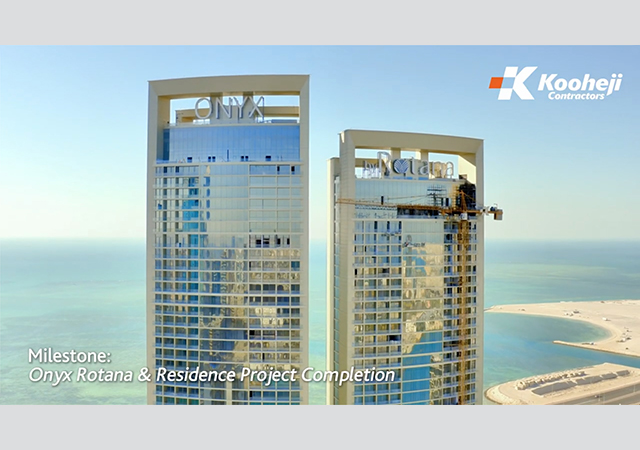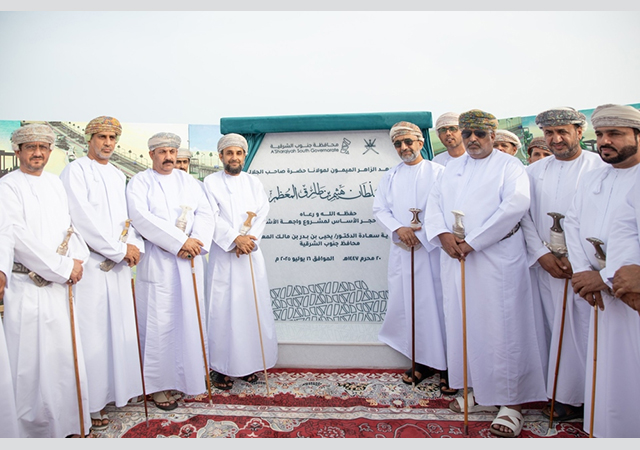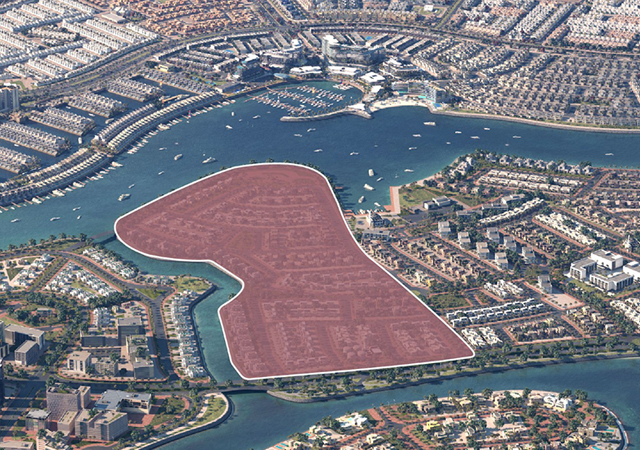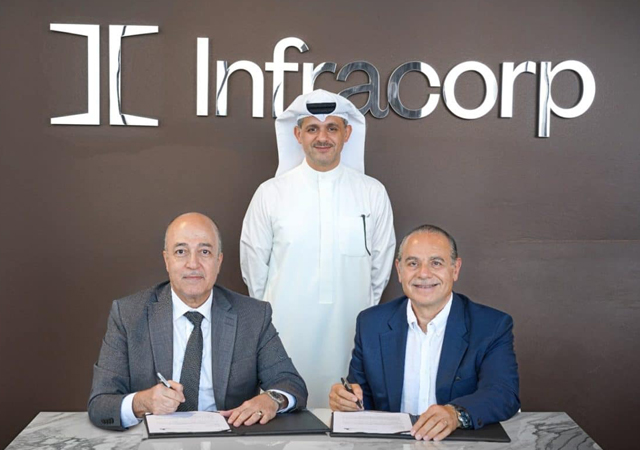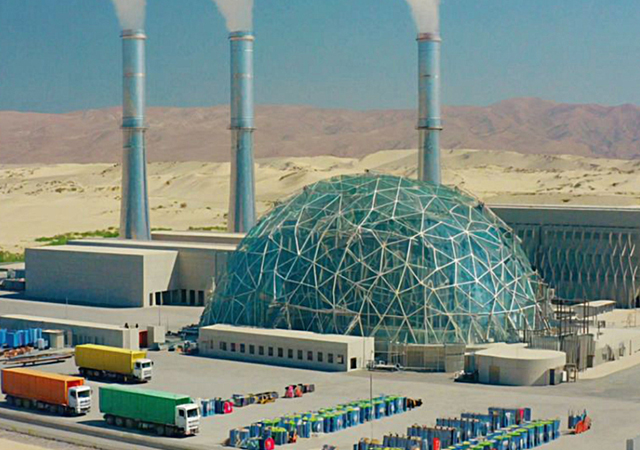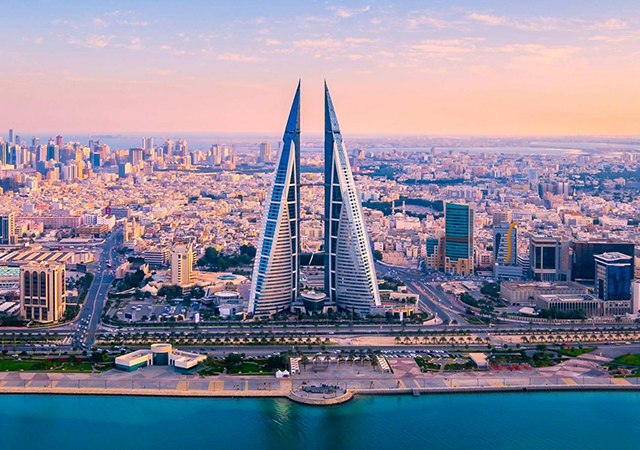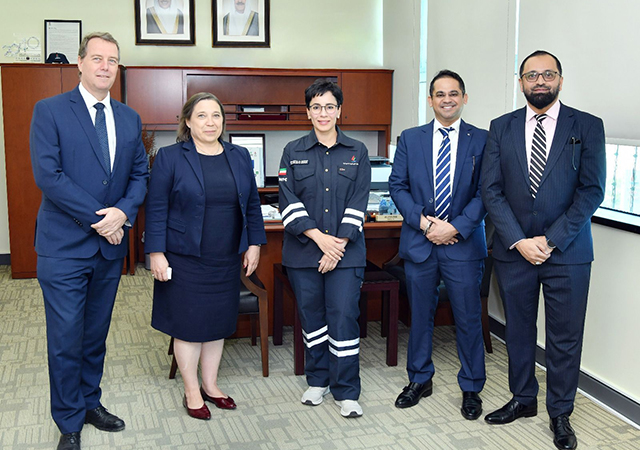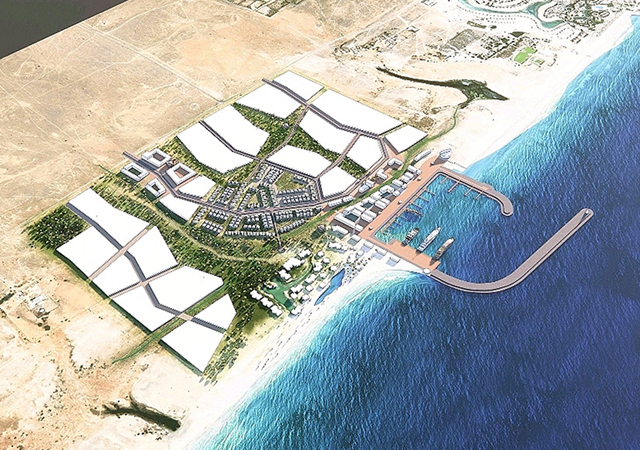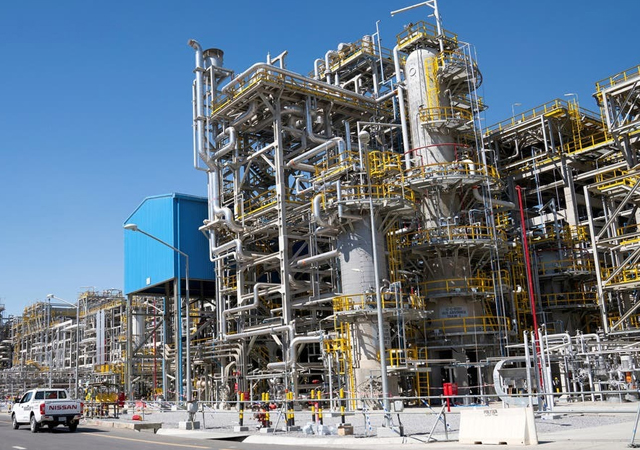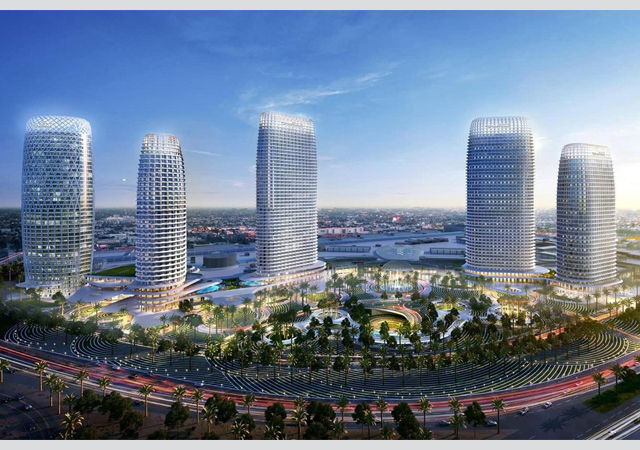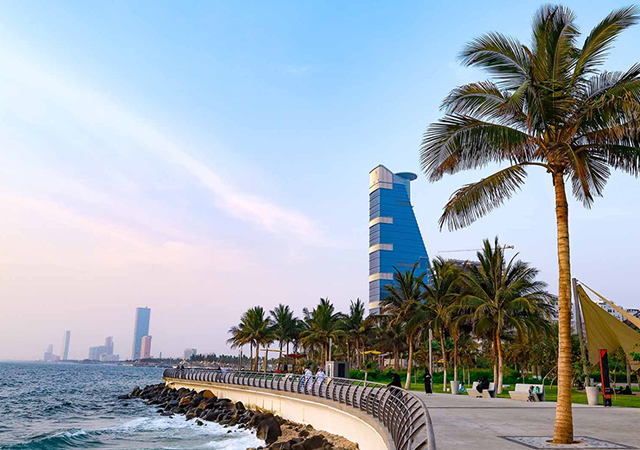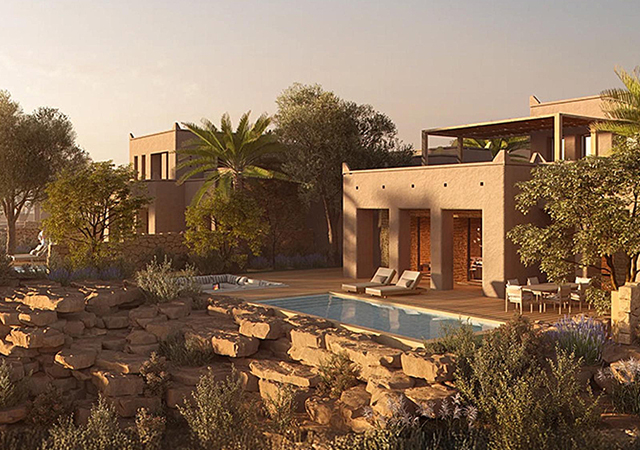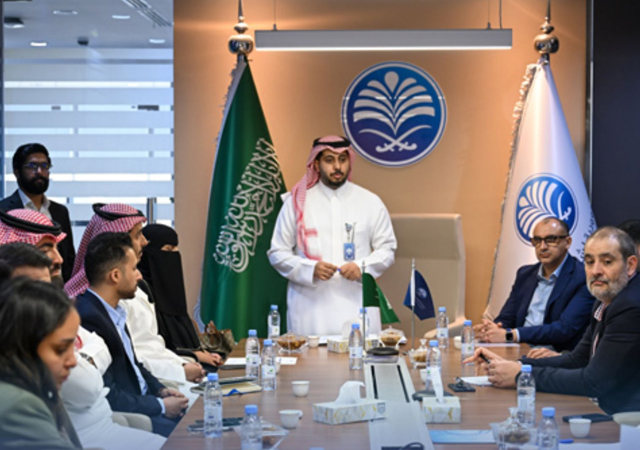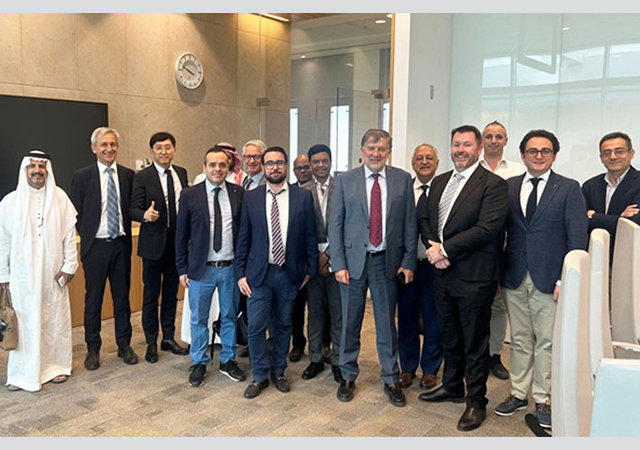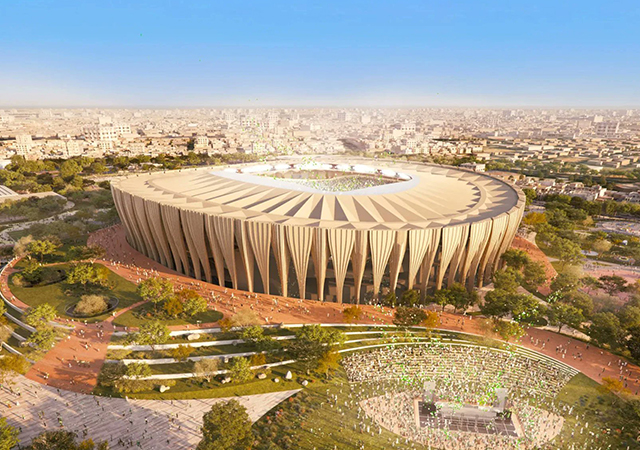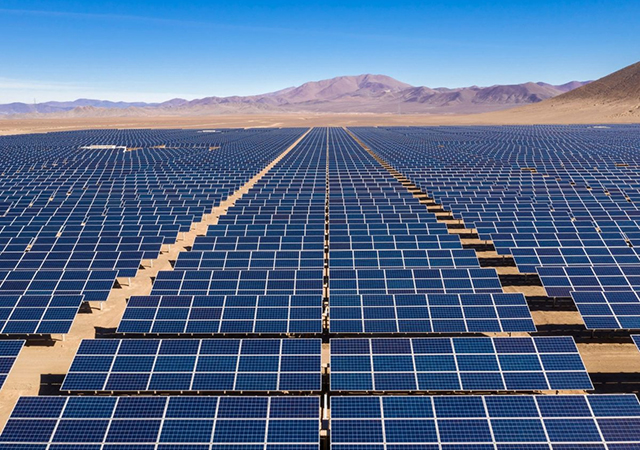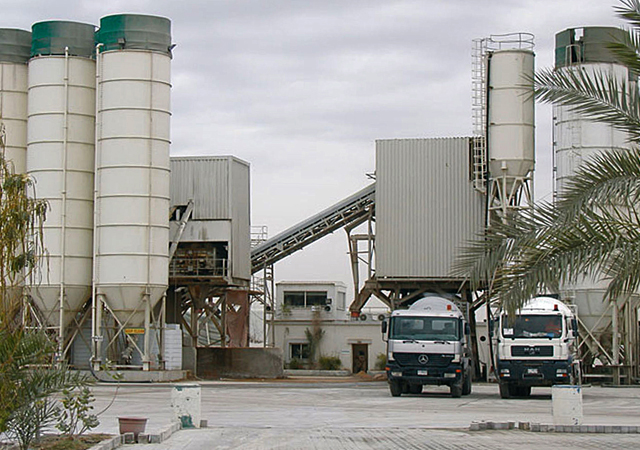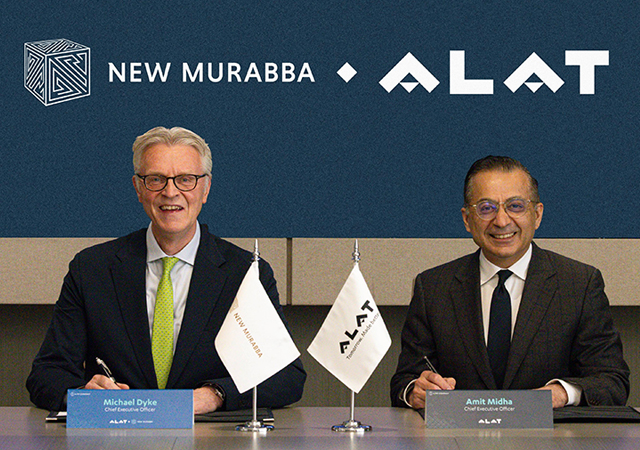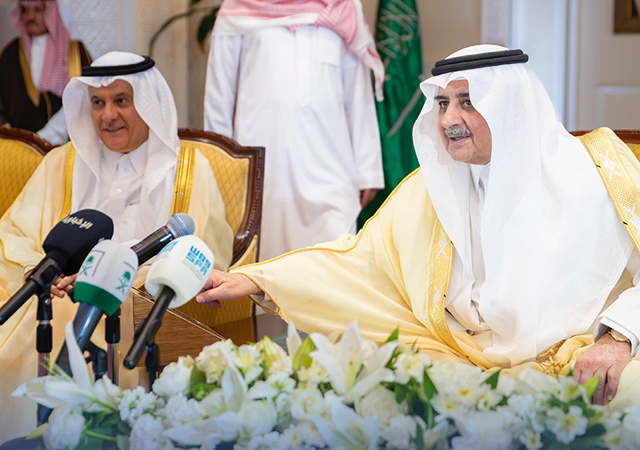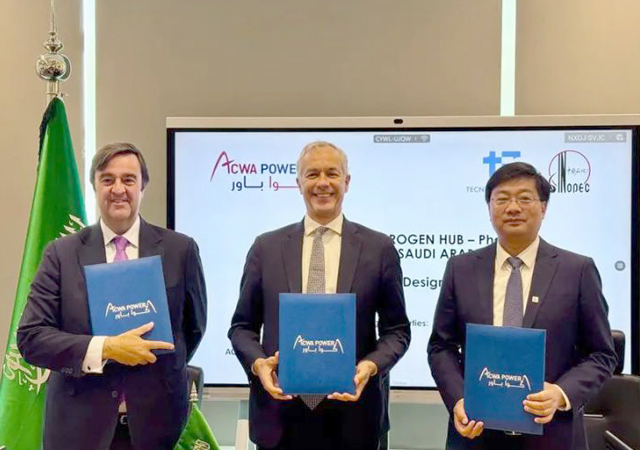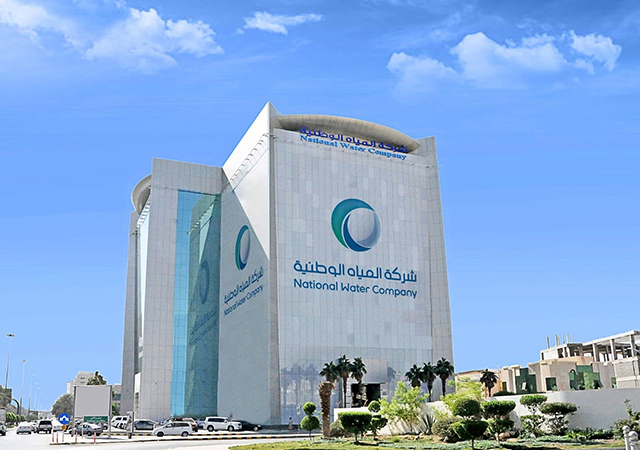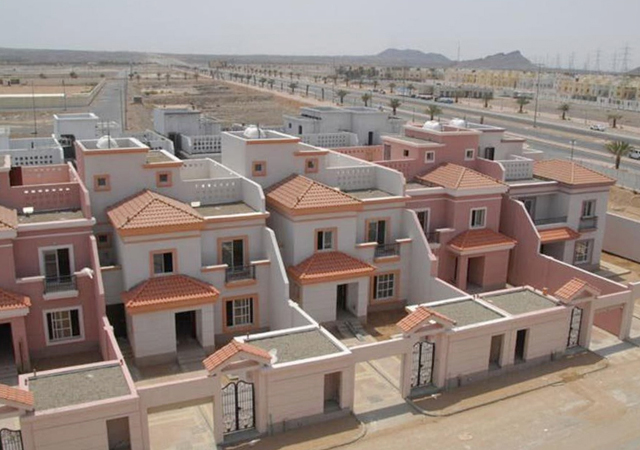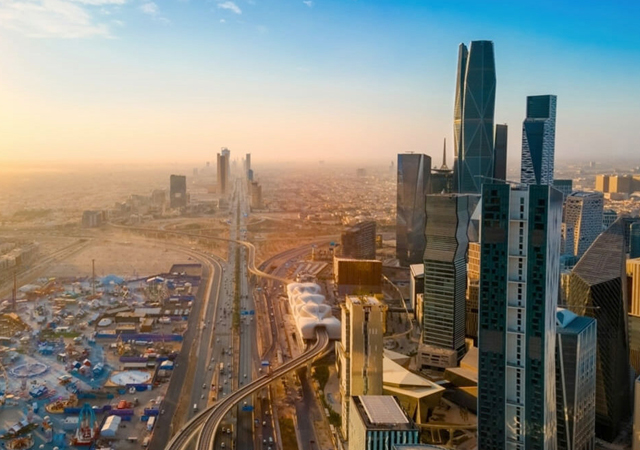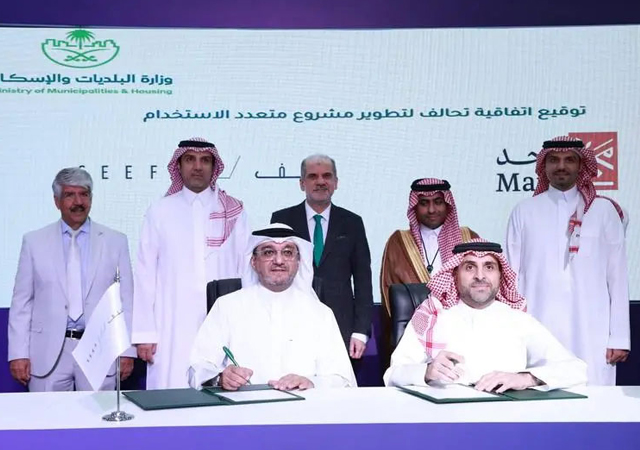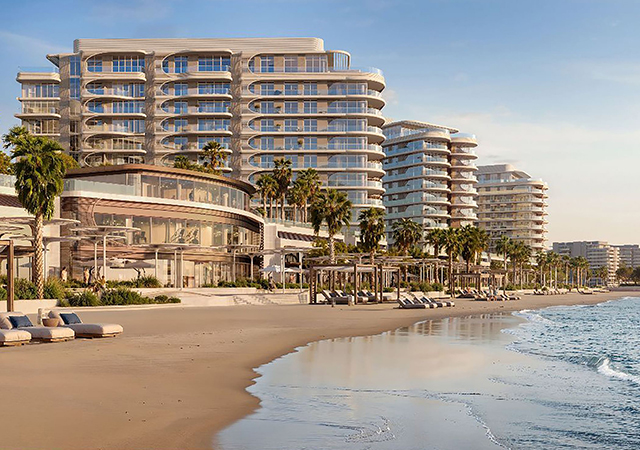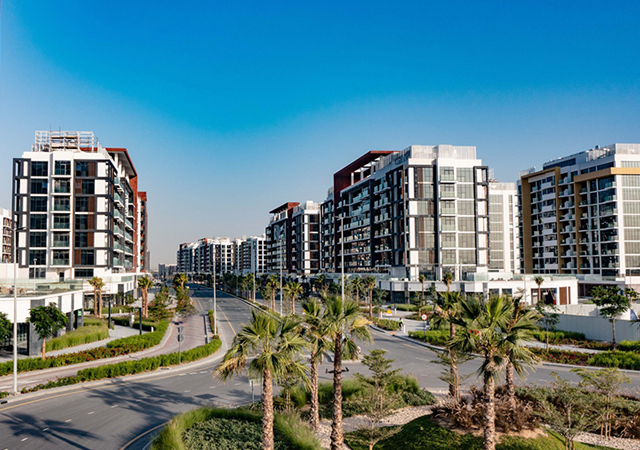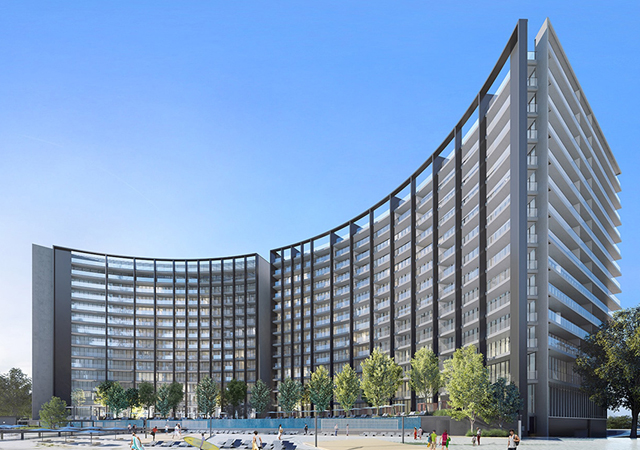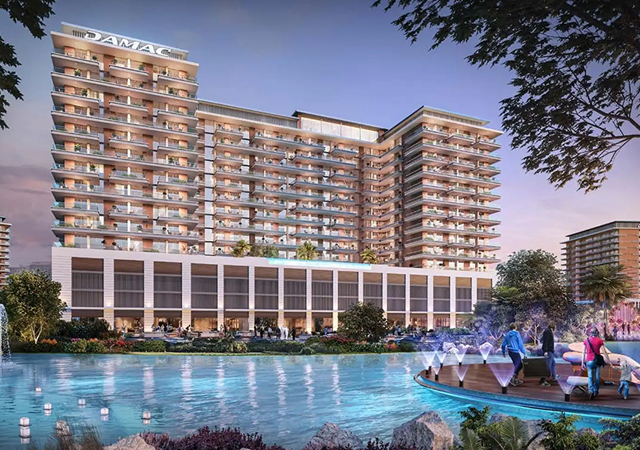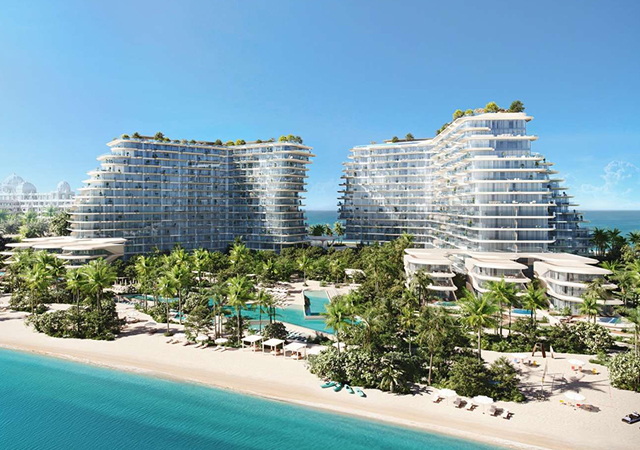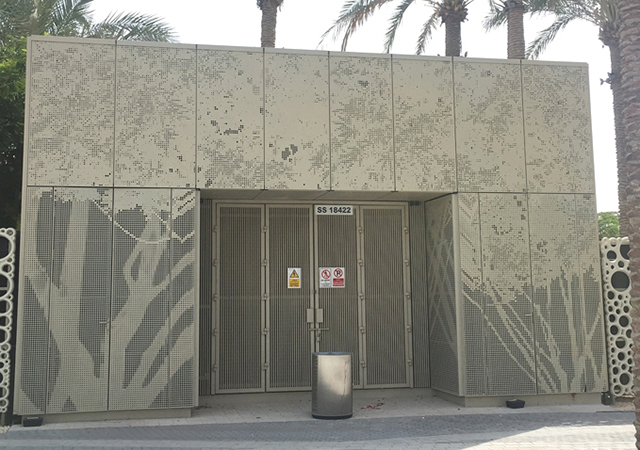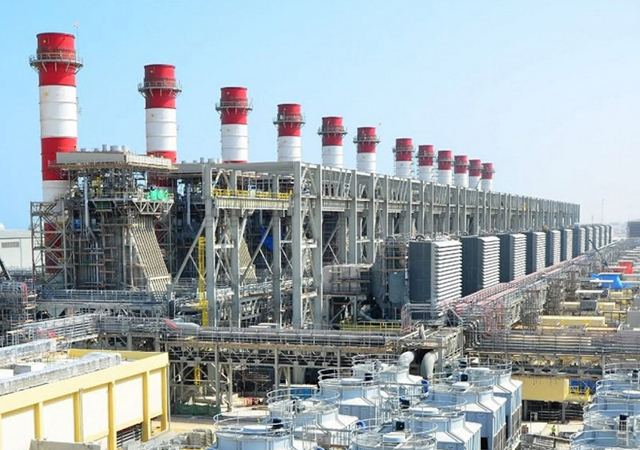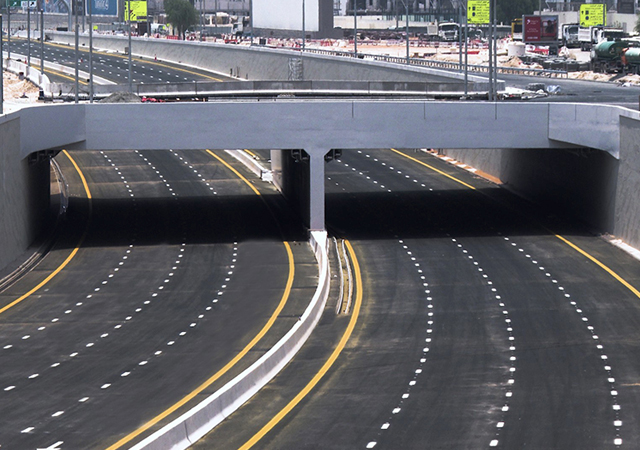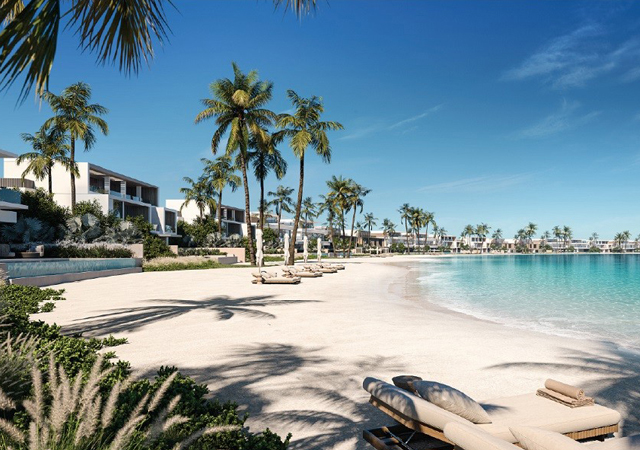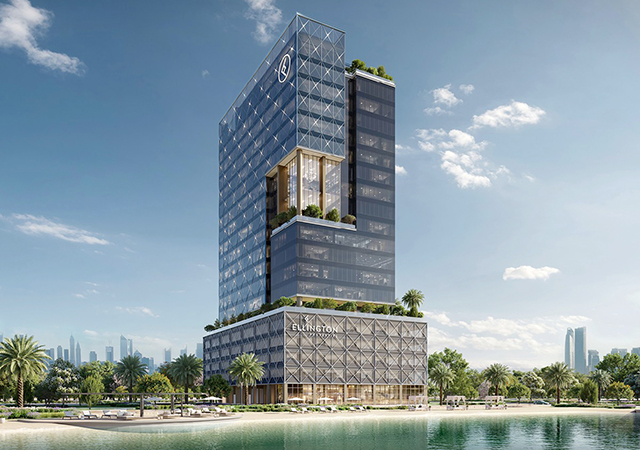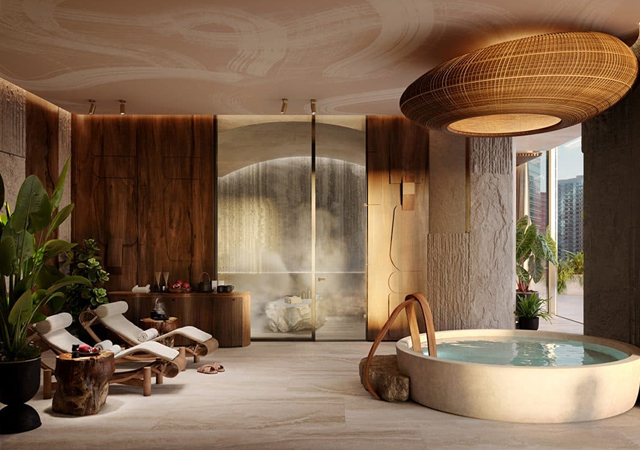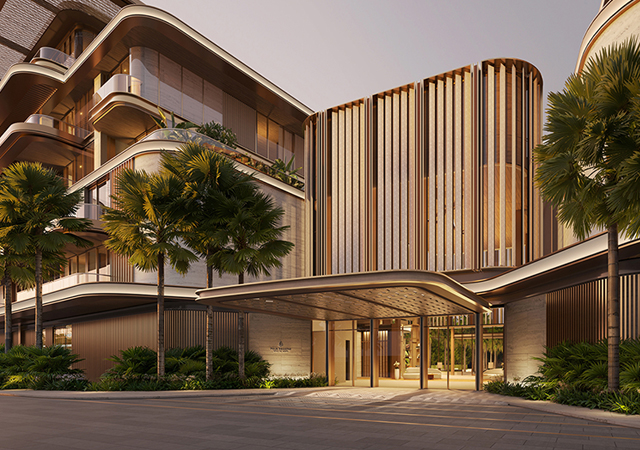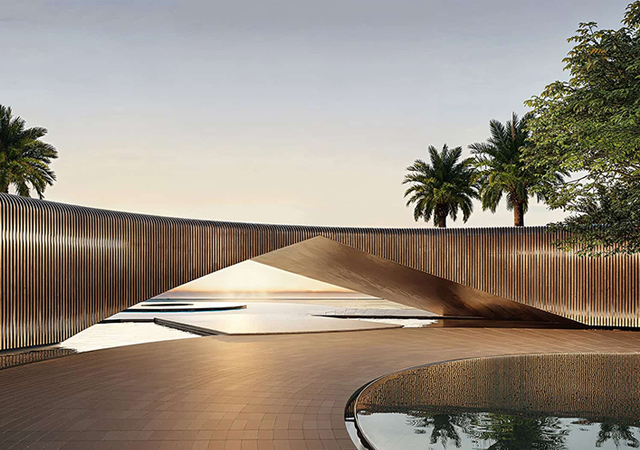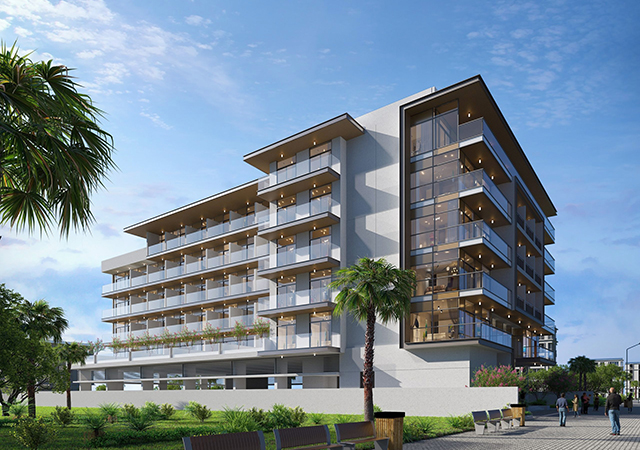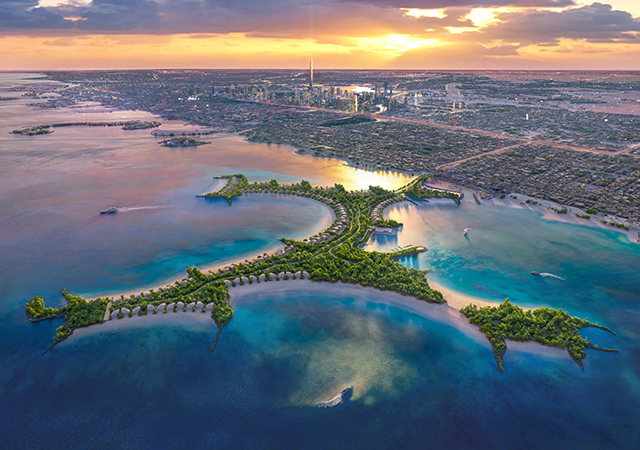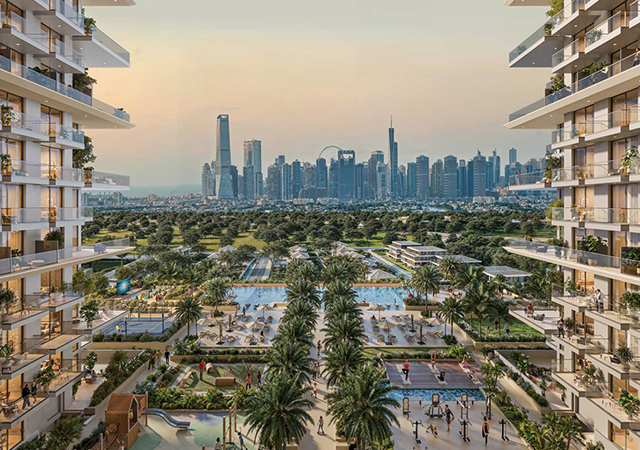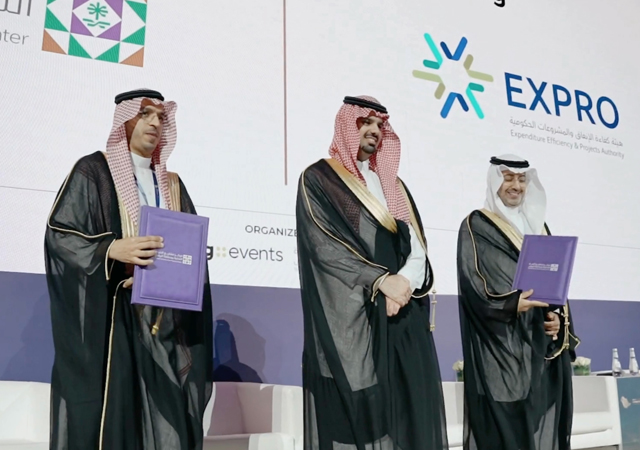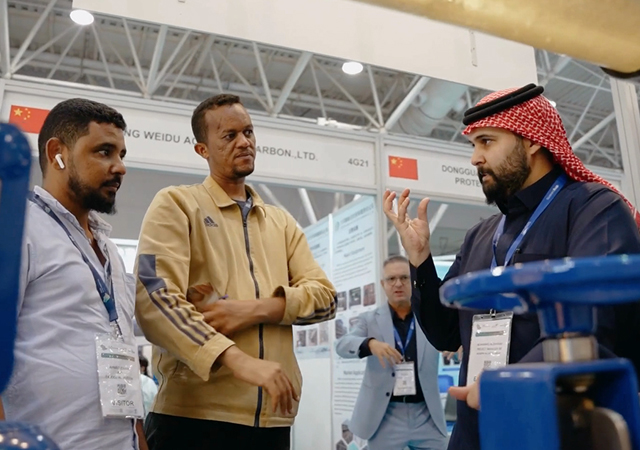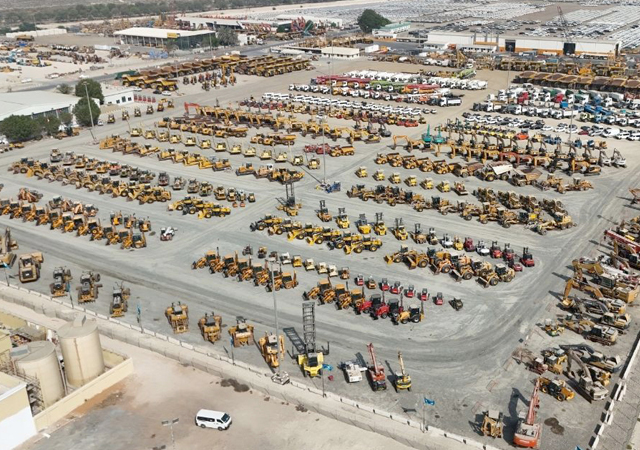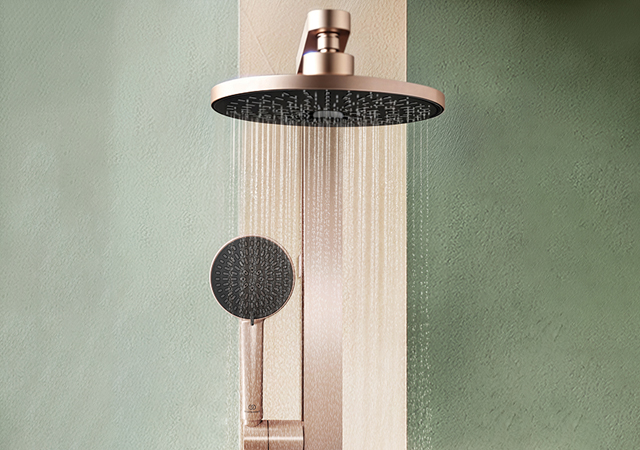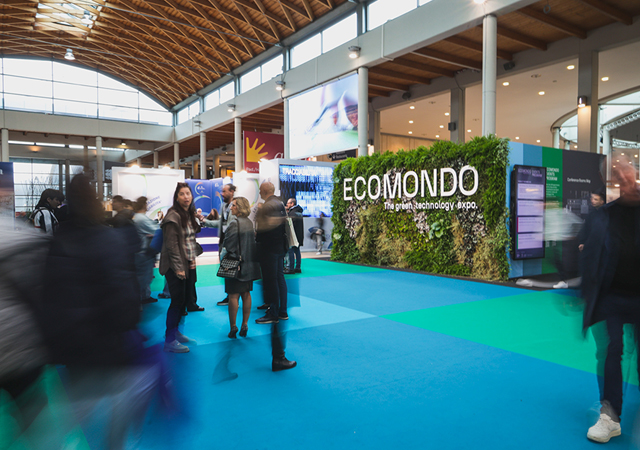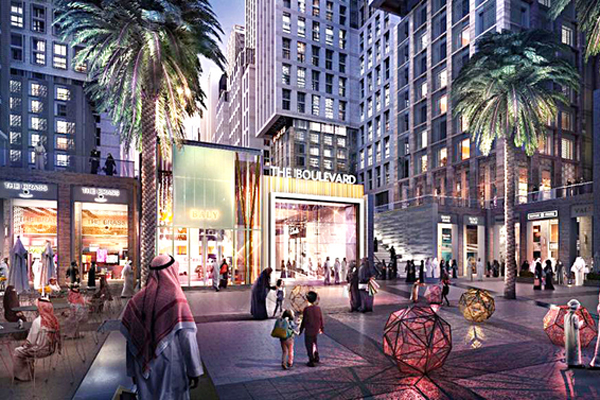
Schindler, one of the leading global suppliers of elevators, escalators, and associated services, said it has won a major supply contract from Umm Al Qura for Development & Construction company for a key phase of its urban giga mixed-use development in Makkah.
Confirming the big order, Schindler said it will build on the partnership with the Saudi developer, providing all the 150 elevators for the latest phase of Masar, a mega project featuring a range of hospitality projects, restaurants, and retail units.
As per the deal, it will install 150 elevators and escalators - of which 44 are Schindler 7000 units, 65 Schindler 5500, 36 Schindler 9300 escalators and five platform elevators.
These will help transport people and goods through the shops and restaurants at street level, and to the hotels above, it stated.
Schindler said it will be deploying its RISE (robotic installation system for elevators) for the installation of all the Schindler 7000 elevators, thus marking its first mission in Saudi Arabia.
Schindler RISE can autonomously operate around the clock, drilling and setting anchor bolts – improving the quality and speed of construction, as well as safety on-site, it added.
At ground level, Masar will be a pedestrian zone offering a safe and enjoyable visitor experience by eliminating motorized traffic, said a senior official.
"This is an impressive large-scale project that will enhance the urban quality of life for all visitors," remarked Julio Arce Hamelink, responsible for Europe South, Middle East, and Africa on Schindler’s Group Executive Committee.
With massive investments, Umm Al Qura is moving forward in developing the SR100 billion ($26.6 billion) Masar into an integrated destination that will help achieve Vision 2030’s goals of providing the best services to Hajj and Umrah pilgrims while improving the lives of residents, reported Arab News.
Umm Al Qura is also working to make Masar Destination an investment platform operating with an integrated ecosystem.
"We’re proud to assist our customer and be involved in the development of Masar, providing our expertise and innovation to help ensure the project’s success," stated Hamelink.
Spanning 1.2 million sq m area, the Masar comes as part of Saudi government's plan to transform Makkah into one of the best cities in the world.
The development’s masterplan is based on a main two-way road, 80-m wide, which allows for the seamless movement of vehicles and buses to and from the Holy Mosque, according to Gulf Construction.
The two sides of the road will be separated by an urban cluster traversed by a pedestrian boulevard that will allow pilgrims to move easily to the Al Haram Al Sharif area from the western entrance of Makkah without hindering traffic flow.
The urban cluster, which extends through the length of the project, will host international hotels, commercial centres and retail outlets, green parks, government services complexes, medical and health centres, and many integrated cultural, recreational, and social amenities.
in addition to the 141,000 sq m occupied by King Abdullah Mosque, which sits at the heart of the project. Extending 3,650 m long and 320 m wide, Masar links the First, Second and Third Ring roads to the key roads – Abdullah Arif and Mansour streets.
It also includes tunnels, metro stations, parking lots, and hotels, as well as residential, commercial, office, and service facilities.
The destination will also feature several landscaped green areas, as well as integrated cultural, recreational and social amenities.
“Set to become a modern landmark and a multi-feature destination, Masar will enhance the quality of life of Makkah residents and visitors and contribute to Saudi Arabia’s efforts to increase the annual number of Umrah pilgrims to 30 million as envisaged in the Vision 2030 programme,” a spokesman for Umm Alqura for Development and Construction, told Gulf Construction.
“Leveraging smart technologies and futuristic design and concepts, the destination is developing an integrated infrastructure for the next 100 years,” he added.-TradeArabia News Service



